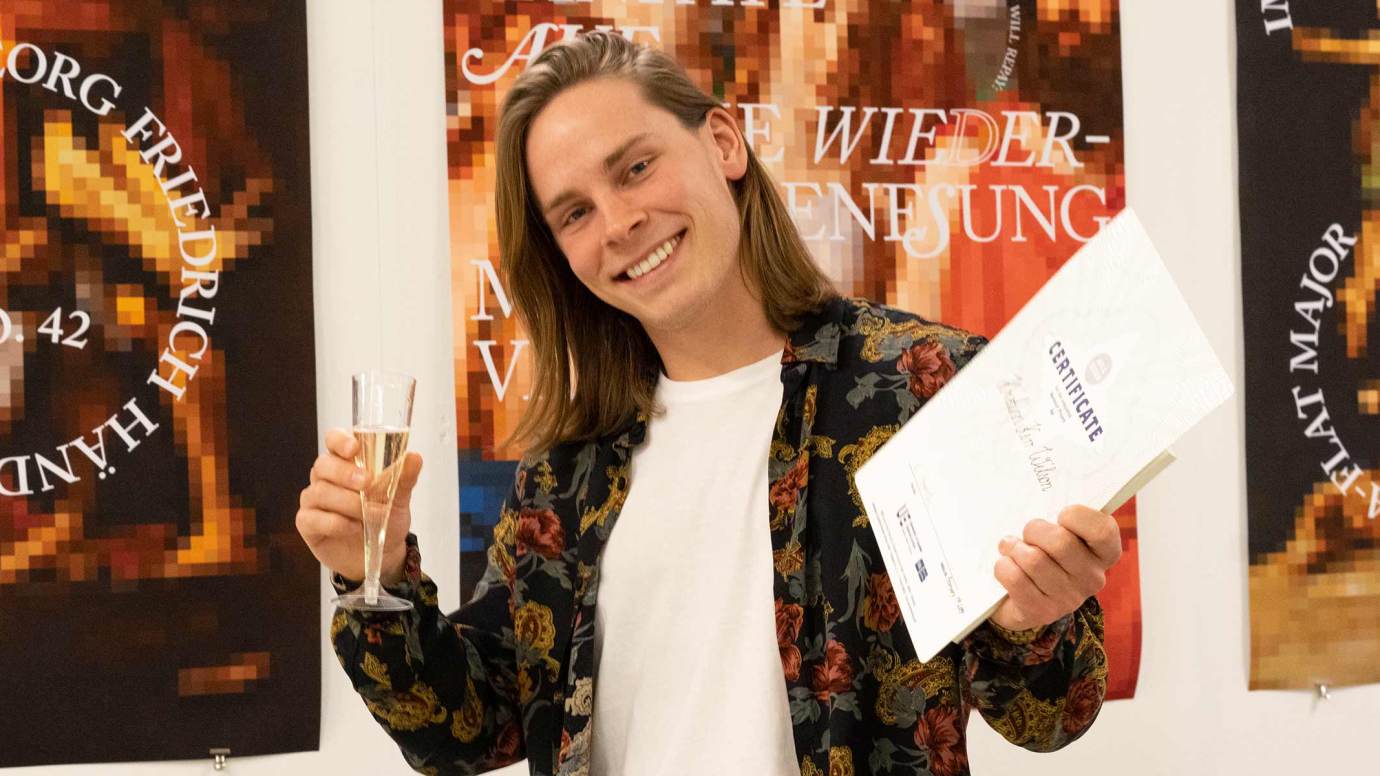
If you’re an art lover, then chances are that you will easily fall in love with Germany. This nation has nurtured a passion for both art and artists for centuries resulting in a rich heritage and culture that is popular globally.
German art is notable for being vivid, rich and raw, and sometimes covering the darker aspects of life. The unique freedom to express is what truly pushes artistic creativity in Germany. It is also a core reason why artists from around the world are drawn here.
Art is highly valued in Germany, where creative expression encapsulates everything from social norms to political unrest. Creative arts is not just restricted to its business value, but is also an expression of life itself for Germans.
The hub of artists
Did you know that Germany is known as the land of ideas? Home to some of the greatest thinkers, poets, artists and writers, this nation clearly has flair for creativity. Be it Beethoven, philosopher Friedrich Nietzsche, Ernst Ludwig Kirchner, Franz Kafka, each one of these masters has impacted art, literature and music throughout the world.
Even now, many emerging artists want to live and study in Germany because of its rich creative history. It’s not just artistic careers or art professions that can be pursued here, but you can also visit any the numerous galleries and museums that are filled with both traditional and contemporary art.
The Altes Museum in Berlin, which is 350 years old, contains marvellous archaeological artifacts from Cyprus and Roman provinces and then there’s The Hamburger Kunsthalle in Hamburg, which is the largest art museum in the country. There is so much in Germany that can inspire artists, and the marks made on history by previous artisans continue to enchant art creators of today.
Impact on modern art
Expressionism and modern art have made an impact on the art world and its roots can be traced all the way back to Germany.European art in particular owes a lot to traditional and modern day German artists.
Pioneers of these art movements, such as Ernst Ludwig Kirchner and Vasily Kandinsky, paved the way for current popular German expressionists artists such as Anselm Kiefer and Gerhard Richter. Friedrich Nietzsche, known as the father of expressionism, heavily inspired modern philosophy and art.
Every prominent German artist had its own signature style that they used to portray the struggle of the nation, especially during the post-war era. This is when Germany formed its strong and raw artistic ethos that even made it way to cinema in the form of horror and film noir, such as The Phantom of the Opera and Dracula, that are still cult classics today.
These elements continue to influence artists and are evident in today’s contemporary abstract art. So many people choose to study art in Germany because it’s creative history provides great inspiration and creative liberty fuels the freedom of expression there.
The German government recognises the importance of artists, which was highlighted when a €50 billion ($54 billion) fund was given to small businesses and freelancers in the creative sector in 2020, to help them sustain their livelihood. These grants helped artists cover the costs of rentals and studios. The country additionally rolled out a package called the ‘New Start’ which lowered the tax rate on art from 19% to 16%.
Supporting and cultivating artists
The country regards its artists as a vital component of the nation’s cultural business so makes every effort to support them. Many German cities like Berlin and Hamburg are a paradise for emerging artists as it offers them everything from recognized learning to affordable studio spaces. This is why both art and artists continue to thrive in this country, paving way for more creative pioneers.
Looking to start a career in the creative arts? Check out Photography, Bachelor of Arts (BA) offered by the University of Europe for Applied Sciences (UE). You can opt to study this programme at the Berlin campus where the medium of instruction is English or Hamburg where German is the medium of instruction.
UE is the first private German university to establish a photography programme that students can enrol onto and get trained for a prolific career ahead. The programme focuses on training students on various photographic genres which covers everything from fashion to portrait to art.
FAQs
What career roles can I pursue with BA in Photography from the University of Europe for Applied Sciences (UE)?
There are various career roles that you can pursue with a BA in Photography from the University of Europe for Applied Sciences (UE) such as Photojournalist, Fine Art Photographer, Studio/Portrait Photographer, or even a freelance photographer.
What skills should a photographer possess?
While a good programme will teach you all the technical and industry-related aspects of the field, you need to nurture and grow certain skills continuously to flourish in this field. Firstly, creativity and a passion for photography is a must along with an eye for detail. Being able to visualise a beautiful picture before capturing it in terms of the colour, tone and composition is also very important.